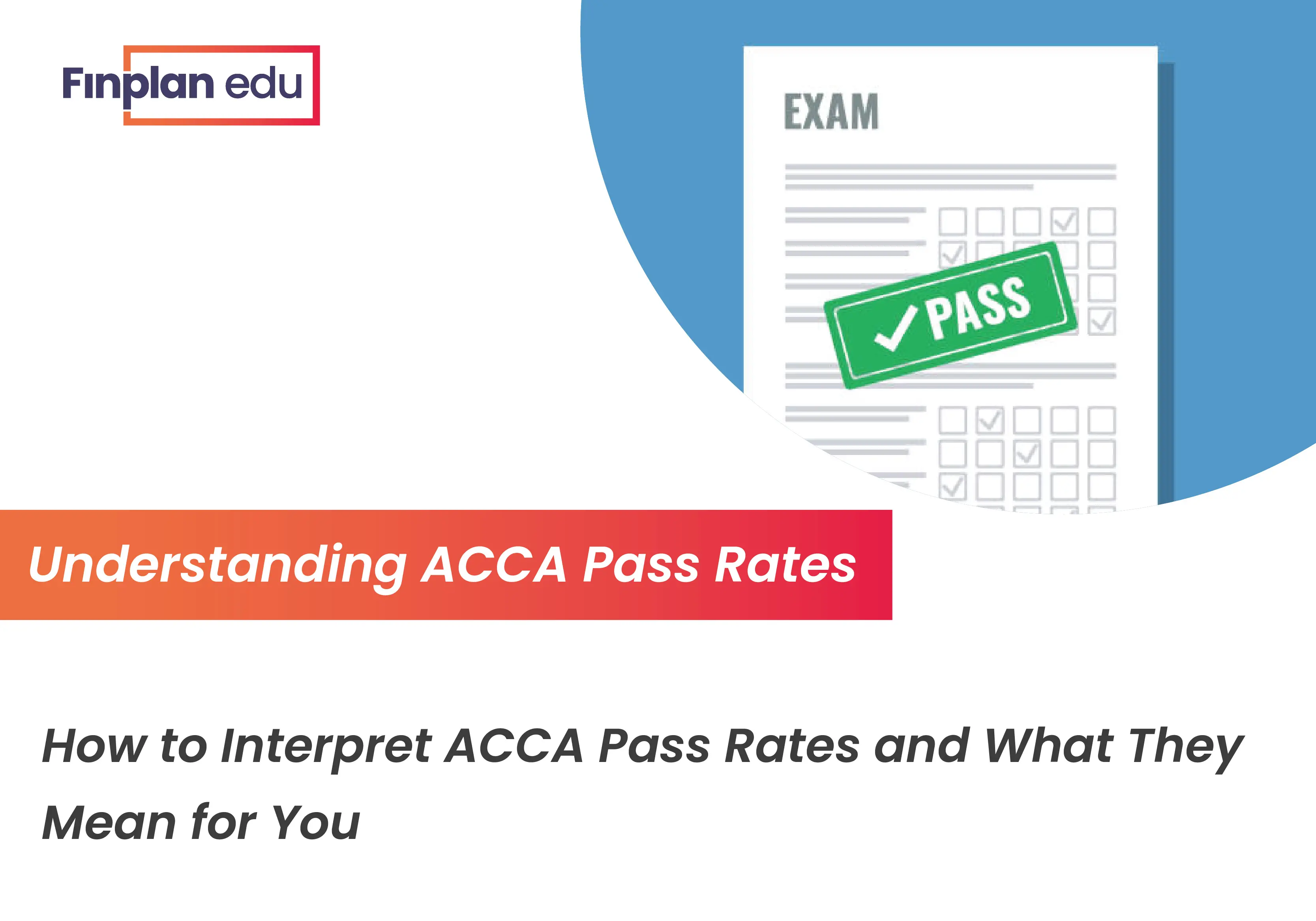Both ACCA and CA qualifications open doors to diverse career opportunities, but they differ in their specialization areas and roles. Let’s break down the common career paths and specialized roles for each qualification:
ACCA Career Opportunities
The ACCA qualification prepares you for a variety of roles in global finance, auditing, and business consulting. Here are some common job titles:
-
Financial Analyst: ACCA professionals excel in analyzing financial data and making recommendations for business improvements.
-
Management Accountant: In this role, you’ll be responsible for internal financial planning and performance management within an organization.
-
Internal Auditor: Internal auditing for corporations and financial institutions is a key area of employment for ACCA professionals, especially those with strong knowledge of International Financial Reporting Standards (IFRS).
-
Financial Consultant: Providing financial guidance to businesses on accounting processes, mergers, acquisitions, and strategic planning.
-
Corporate Treasurer: A role focused on managing the liquidity, risk, and financial strategy of a company.
CA Career Opportunities
The CA qualification often leads to specialized roles in accounting, auditing, and taxation. Here are some prominent career paths:
-
Tax Advisor/Consultant: CAs are experts in taxation laws, helping businesses comply with tax regulations and optimize their tax liabilities.
-
Auditor: External auditing is a core area of employment for CAs, particularly for those working with public accounting firms or government bodies.
-
Chief Financial Officer (CFO): CAs often rise to the executive level, managing a company’s entire financial operations and strategic direction.
-
Forensic Accountant: Investigating financial discrepancies and fraudulent activities is a specialized area of accounting.
-
Risk Manager: CA professionals are often tasked with identifying and mitigating financial risks within organizations.
Key Differences in Specializations
-
ACCA: Offers a broader range of specializations that span international markets, making it ideal for professionals interested in global roles. Areas like financial reporting, performance management, and consultancy are common specializations.
-
CA: Focuses more on auditing, taxation, and financial compliance, with regional expertise. CAs are more likely to pursue high-level auditing and tax consultancy roles within their own countries.
10. Future Demand and Prospects
The future demand for both ACCA and CA professionals is promising, driven by globalization, technological advancements, and the increasing complexity of financial regulations. However, the trends and growth prospects for each qualification differ slightly.
ACCA Future Demand
-
Global Reach: The ACCA qualification will continue to be in high demand globally, particularly in countries that follow International Financial Reporting Standards (IFRS). With businesses expanding internationally, the need for professionals who understand global financial systems is increasing.
-
Technology Integration: ACCA is placing a strong emphasis on digital skills, data analytics, and fintech in its curriculum, preparing candidates for the tech-driven future of finance.
-
Growth in Emerging Markets: ACCA professionals will see increasing opportunities in emerging markets like Africa, Southeast Asia, and the Middle East, where multinational companies are expanding.
CA Future Demand
-
Regional Expertise: The CA qualification will remain highly sought after in regions like India, Canada, Australia, and South Africa, where CAs are trusted for their deep knowledge of local taxation, auditing, and accounting regulations.
-
Government and Public Sector: CAs are integral to public sector accounting and auditing roles, and with increasing scrutiny on corporate governance, CAs will continue to be in high demand for regulatory and compliance roles.
-
Rising Demand for Tax Experts: As tax laws become more complex, especially with changes in global trade, the demand for CAs with tax expertise is expected to rise.
Key Future Trends
-
ACCA: Demand will grow in roles that focus on international financial management, fintech, and data analytics.
-
CA: The demand will remain strong in traditional areas like auditing and taxation, but CAs will need to adapt to emerging fields like blockchain auditing and digital taxation systems.
11. Cost and Investment
One of the critical factors to consider when choosing between ACCA and CA is the cost of obtaining each qualification. The investment includes exam fees, study materials, and potential costs for tuition or coaching.
ACCA Costs
The ACCA qualification is known for its flexibility in terms of costs, as candidates can pay for exams as they progress through the program. Here’s a breakdown of typical expenses:
-
Registration Fee: Around £79-£100 depending on the country.
-
Annual Subscription Fee: £122-£135 annually.
-
Exam Fees: Vary by the stage and location, but generally range from £120 to £330 per exam.
-
Study Materials and Coaching: Optional, but high-quality study materials or coaching programs can cost between £500 and £2,000.
Overall, the cost of completing the ACCA qualification can range from £2,500 to £4,000, depending on how quickly candidates progress and the additional resources they invest in.
CA Costs
The CA qualification is generally more cost-effective in terms of exam fees, but it often requires an investment in coaching or tutoring, especially for the final exams.
-
Registration Fees: The initial registration fees for CA in countries like India are around INR 9,000-10,000 for the foundation level.
-
Exam Fees: Vary by level, with the final exams costing approximately INR 25,000-30,000.
-
Coaching: Due to the difficulty of CA exams, many candidates invest in private coaching, which can add costs between INR 50,000 to 1.5 lakhs.
The total cost for CA can vary widely depending on how many attempts are required, but it is generally around INR 1.5 lakhs to 2 lakhs (approximately £1,500 to £2,500).
Return on Investment (ROI)
Both ACCA and CA provide strong ROIs, with professionals in both fields earning competitive salaries. However, the cost of obtaining ACCA is generally higher, but it offers global opportunities that can justify the investment. CA, while less costly, offers excellent ROI in regions where the qualification is highly valued.
12. Professional Network and Continuing Development
ACCA Professional Network
ACCA offers a large, global professional network that provides valuable opportunities for career advancement. With over 200,000 members worldwide, ACCA members can tap into a vast pool of resources, including professional development courses, industry events, and online communities.
ACCA also places a strong emphasis on continuing professional development (CPD), ensuring that its members stay up to date with the latest trends and regulations in finance.
CA Professional Network
CAs benefit from a strong professional network within their respective regions. National CA institutes, such as ICAI in India or CPA Canada, provide members with resources, networking opportunities, and professional development programs.
CAs are required to engage in continuing professional education to maintain their license, ensuring they stay current in their field.
13. Difficulty
The difficulty level of ACCA vs. CA is often a determining factor for candidates choosing between the two qualifications. Each program comes with its own set of challenges, from complex subject matter to rigorous exam requirements.
ACCA Difficulty
-
Exam Pass Rates: ACCA exams are known for being tough but generally have higher pass rates compared to CA exams. The overall pass rates for ACCA exams range from 40% to 50% per subject, with some of the strategic professional exams being more difficult.
-
Flexibility in Exam Attempts: One of the main reasons ACCA is considered less difficult than CA is that candidates can take exams multiple times a year, which reduces the pressure of completing all exams in a single sitting.
-
Comprehensive Curriculum: While ACCA’s global focus can be complex, the structured and progressive nature of the exams makes it manageable for most candidates.
CA Difficulty
-
Exam Pass Rates: CA exams are notoriously difficult, with pass rates as low as 10% for some of the final exams. The rigorous nature of the curriculum, coupled with the pressure of the final level, makes CA one of the toughest qualifications to achieve.
-
Articleship: The mandatory three-year practical training (articleship) adds to the challenge of CA, as candidates must balance work and study during this period.
-
Limited Exam Attempts: CA exams are offered only twice a year, which means that failing a subject can delay progress significantly.
Key Differences in Difficulty
-
ACCA: Generally easier to progress through due to flexible exam scheduling and slightly higher pass rates.
-
CA: Known for being one of the most challenging accounting qualifications in terms of both exam difficulty and the commitment required for articleship.
14. Final Comparison and Decision Making
When choosing between ACCA and CA, it’s important to weigh all the factors—career goals, geographic preferences, difficulty levels, and costs. Below is a final comparison to help with decision-making:
ACCA
-
Pros:
-
Global recognition and mobility.
-
Flexibility in exam scheduling and completion timeline.
-
Strong emphasis on international financial standards and practices.
-
Broad career opportunities in finance, accounting, auditing, and consultancy.
-
Cons:
-
More expensive in terms of overall cost.
-
Less focus on region-specific taxation and audit laws, which may limit regional career opportunities.
CA
-
Pros:
-
Highly respected in specific regions like India, Canada, and Australia.
-
Lower overall costs compared to ACCA.
-
Strong focus on taxation, auditing, and regional financial regulations.
-
Higher earning potential in specialized areas like auditing and tax consultancy.
-
Cons:
-
More rigid structure, with fewer opportunities for international mobility.
-
Longer duration due to mandatory articleship and fewer exam sittings.
-
Generally more difficult to pass, with lower success rates.
Decision Making
-
Choose ACCA: If you are aiming for a career in multinational organizations, want flexibility in your studies, and prioritize global opportunities in finance.
-
Choose CA: If you wish to specialize in taxation, auditing, or accounting in specific regions and are prepared for a more challenging, regionally focused qualification.



